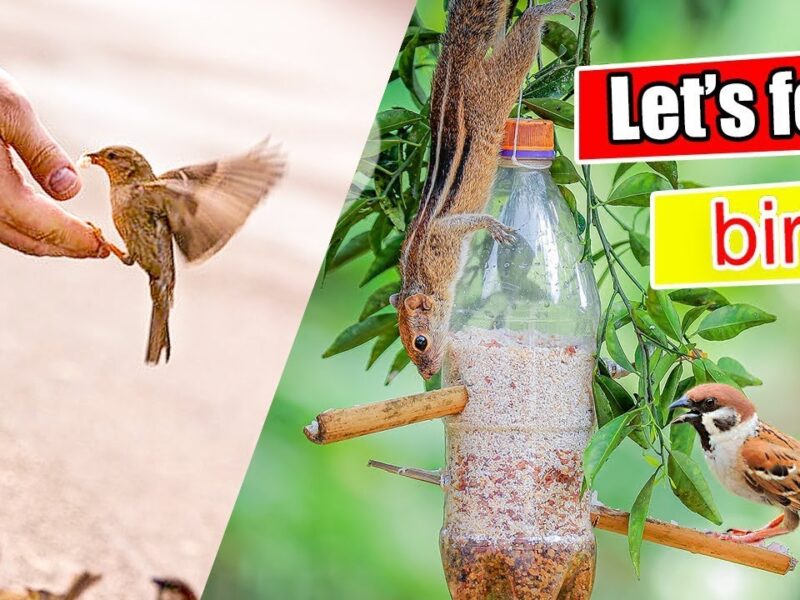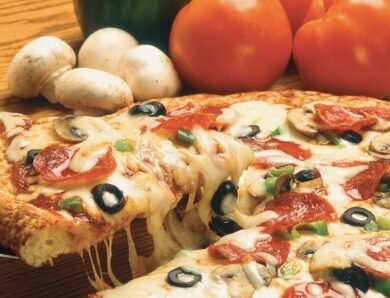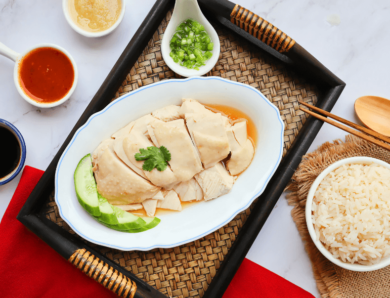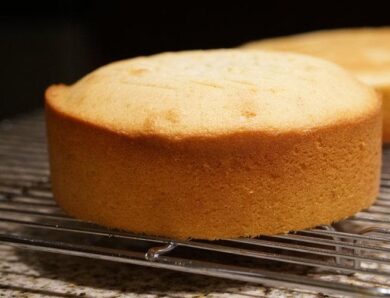
Different Types of Bird Feed
Providing birds with the proper food is one of the most important things you can do. Not only will it make them healthy, but it will also keep them happy. There are many different types of bird food that you can choose from. These include peanuts, milk, canary seeds, hulled sunflower seeds, and much more.
Suet
During the winter months, suet is especially important for wild birds. It is a source of calories for them to sustain their metabolism and stay warm.
Insect-eating birds such as wrens, chickadees, jays, and American Robins love suet. However, it is important to keep in mind that suet can go rancid if left out in warm weather.
The best healthy food way to prevent this is to keep suet in the freezer. It should also be replaced after a week. If it’s too warm to keep in the freezer, consider using suet pellets instead.
Suet can be purchased at your local butcher’s shop. They usually have free tallow trimmings. Alternatively, you can get tallow from friends who butcher cattle.
You can also buy ready-made suet cakes and pellets. These are rendered and cooked and do not melt as easily. Depending on the type, you can serve it to birds as is, or mix it with bird seed.
The best type of suet to offer to birds is the traditional type. This is a high-fat, high-energy food. It’s also a great source of protein for birds.
If you’re interested in providing suet to your birds, it’s a good idea to invest in a suet feeder. There are different types of suet feeders, including logs, cages, and roofs. You can also buy suet socks, which are in mesh polyester bags.
Hulled sunflower seeds
Among the many birdseed types available, hulled sunflower seeds are a popular choice. They are easy to feed, attractive to a variety of birds, and more affordable than whole sunflower seeds. Hulled sunflowers are also a good choice for smaller birds.
While sunflower seeds attract a lot of birds, not all species will appreciate them. Some birds, such as finches, prefer sunflower seeds without shell. However, not all types of birds are able to break through the hard outer coating.
Among the birds that will enjoy hulled sunflower seeds are chickadees, goldfinches, juncos, jays, and nuthatches. Hulled sunflowers are also ideal for smaller birds with softer beaks. The thin shell also makes it easy for smaller birds to extract the kernels from the seed.
The downside of hulled sunflower seeds is that they tend to spoil faster than whole seeds. This is especially true during very hot weather. It is also important to keep them dry. When they get wet, they mush up and may even collect under the feeder. You may also need to clean your feeders more often.
You may also want to consider sunflower seed suet for your birds’ feed. This is a very high-energy snack that is ideal for attracting birds to your feeder. Using sunflower seed suet can also help keep your feeder clean.
Milo
Despite being one of the cheapest and most popular birdseed on the market, milo is not the best option to feed your feathered friends. Milo is not particularly popular with many birds and it is not as concentrated an energy source as other foods.
Milo is a grass grain, also known as sorghum bicolor. It is also a popular food source for livestock. It is commonly used as filler in packaged birdseed mixes.
Milo is also a good source of iron and calcium. Despite being a good food source for both humans and animals, milk is not the best choice to feed your birds. However, it does make a great supplement to the round bird diet.
Milo is a relatively cheap grain and it is available in two varieties. There are white and red millet varieties. White millet is the preferred choice.
Milo is a great birdseed to feed your birds. Its nutritional value is equivalent to corn. Milo is also a good source of fiber.
While there are many birds that will eat milo, most will not. Some birds, such as the grackle, pigeon, and squirrel, will feed on it. Other birds, such as the raccoon, have been known to latch onto a milo feeder and consume it in large quantities.
Wheat and oats
Using wheat and oats as bird feed can be a good option for many backyard birds. It provides them with high-quality, nutritious food that can sustain them during the winter months.
Oats are a good source of fiber, vitamins, and minerals. They also have low fat content. Oats are a natural source of antioxidants, which protect birds against harmful free radicals.
Oats are an easy way to add a variety of foods to your backyard bird feed. You can also make a variety of treats with oatmeal. You can make oatmeal balls and add dried fruit, nuts, and other grains to the mix.
Oats are also a good source of protein. Protein is needed for the development of muscles and the health of feathers.
Oats can be served raw or cooked. Cooked oats can be hard on a bird’s beak and can make breathing difficult.
Oats are a good source of energy, and can be a slow-release energy source for birds during the winter months. They are a good choice for backyard birds because they can be paired with other foods to make a variety of treats.
Oats can also be mixed with other popular bird feed. The oats can be part of the commercial seed mixes, or you can make your own.
Peanuts
Providing peanuts to birds is a great way to boost their energy levels during the colder months. Peanuts are rich in protein, fat, and vitamins. They are also a great way to attract many species of birds to your yard.
Peanuts are one of the easiest foods to provide to birds. The best part is that they are a healthy source of protein and fat, and they do not hurt birds.
Peanuts have been used as animal feed for thousands of years. They are native to South America and are grown in many places around the world. Major producers include China, India, and Nigeria.
Peanuts can be sourced in different forms, including whole, broken, and kibbled. Peanuts provide a lot of energy and calories, and a single peanut can feed a hungry bird for a day.
Peanuts are also a great source of calcium and other nutrients. During the fall and winter months, they are especially important.
Peanuts have a long history of being grown as food and are now available in many forms. They are especially popular among birds and squirrels. They can be offered in a variety of ways, including on deck railings and in patio tables.
Canary seed
Besides being a popular food source for domesticated birds, canary seed is also used by humans for its many health benefits. It contains antioxidants, high fiber, and fatty acids. These nutrients work to neutralize free radicals, reduce inflammation, and make cells healthier. It also helps to support the liver, kidneys, and pancreas.
Canary seed is also an excellent source of arginine, which relaxes arteries and reduces blood sugar levels. It also contains a high fiber content, which helps to normalize bowel movements and removes toxins from the body. It also contains antioxidants, which reduce free radical damage.
Although canary seed is considered safe for humans, some people experience discomfort when eating it. For these people, manufacturers are working on a new, gluten-free version of canary seed. It is believed that this new variety is rich in antioxidants and is safe to consume.
Canary seed is also used as a protein source for small garden birds. It is also popular among cowbirds and House Sparrows. This seed is also enjoyed by finches. It is especially useful during the molt period. It is also popular with juncos, doves, and quail.
It is important to make sure that the canary seed you are buying is of good quality. It should be free of hulls and villi and should not contain hairs.
Fruits
During the spring and fall, fruits are an important source of energy for birds. They are also a good source of vitamins and fiber. Providing these foods to birds can help make them healthier and happier.
Fruits are a good option for bird-friendly yards because they are available all year long. The key is to keep fruit fresh. You should also remove any seeds and pits. You don’t want to attract insects by feeding your birds seeds and pits.
Fruits provide energy and nutrients for birds, as well as for breeding and migration. Many of these fruits contain vitamin A, which is critical for healthy feathers and respiratory tract function. Fruit is also a great source of fiber, which helps improve bird digestion.
During the winter, berries are a natural energy source for migrating birds. You can place berries in platform feeders or on suet cages. You can also make a fruit garland that ties between trees or supports. You can also buy dried fruit mixes that are specifically made for birds.
You can also feed the fruit by cutting it into pieces. Some birds enjoy small bite-sized chunks. You can also add these chunks to your homemade suet recipes.



